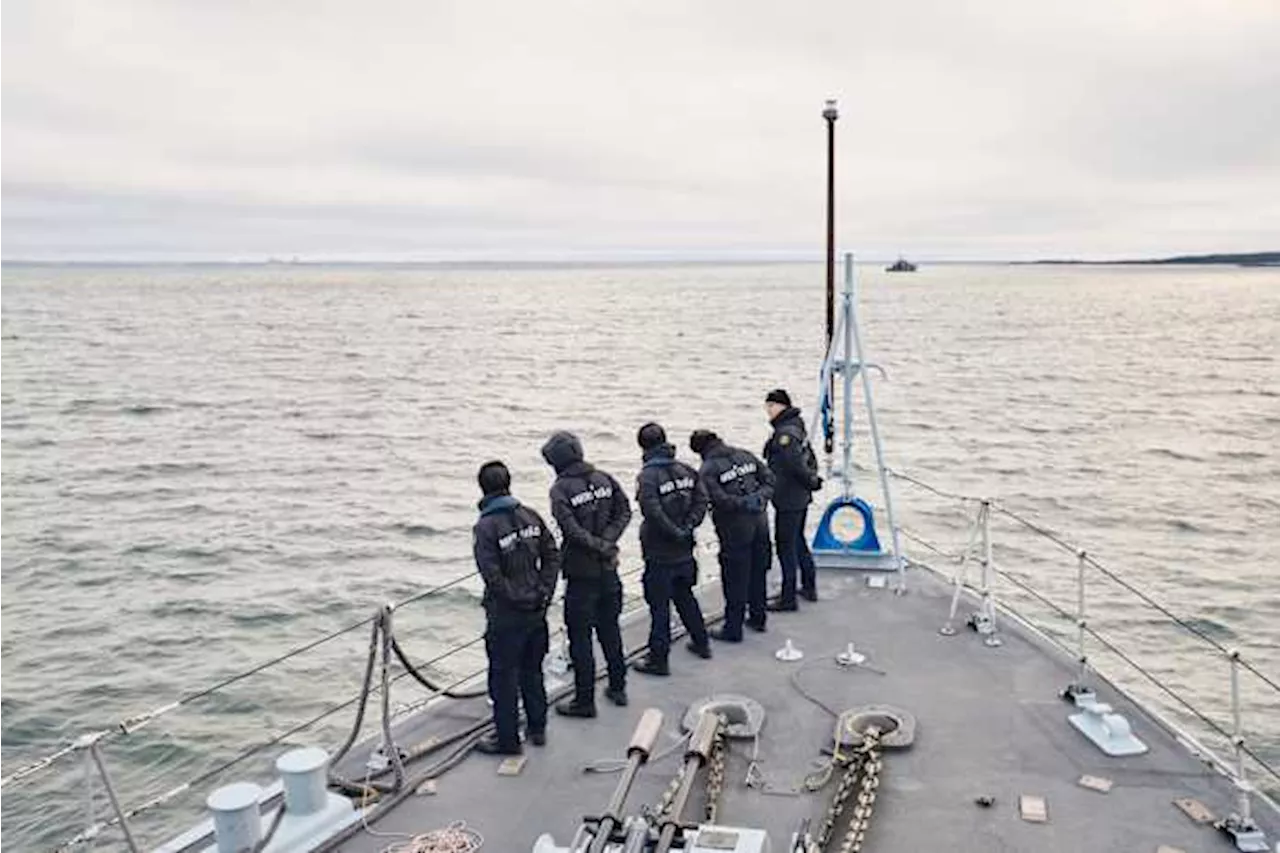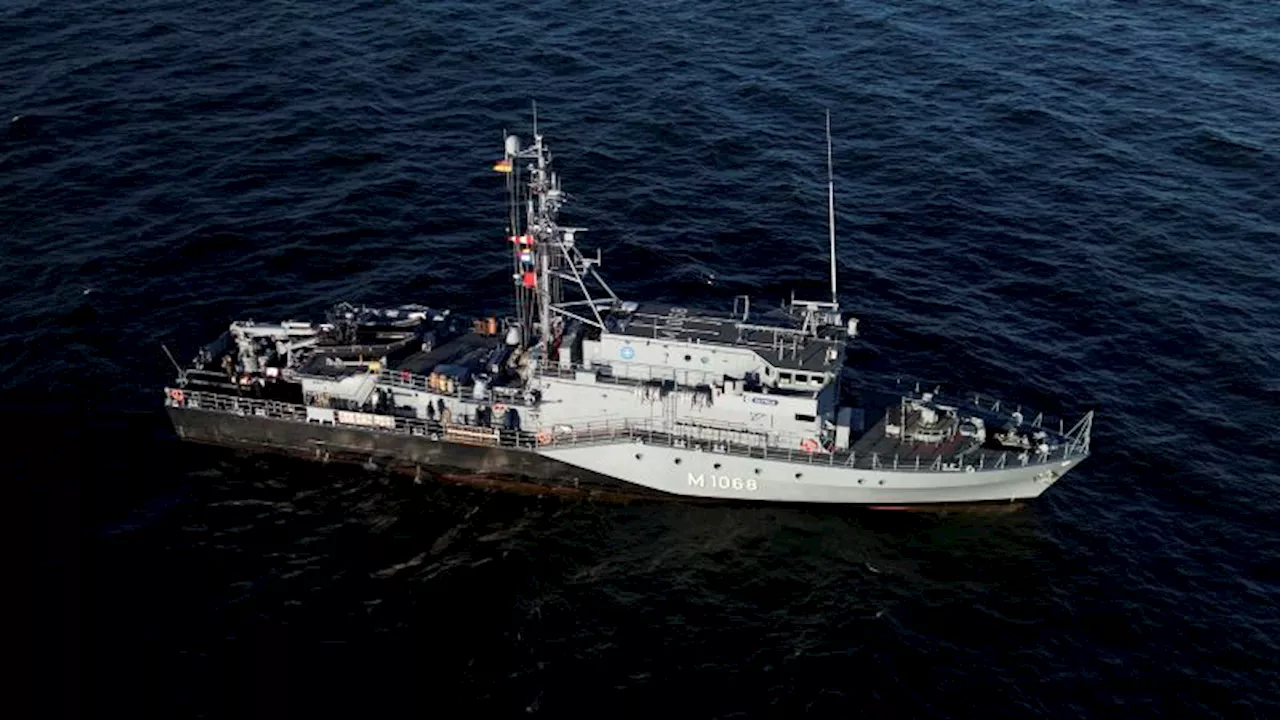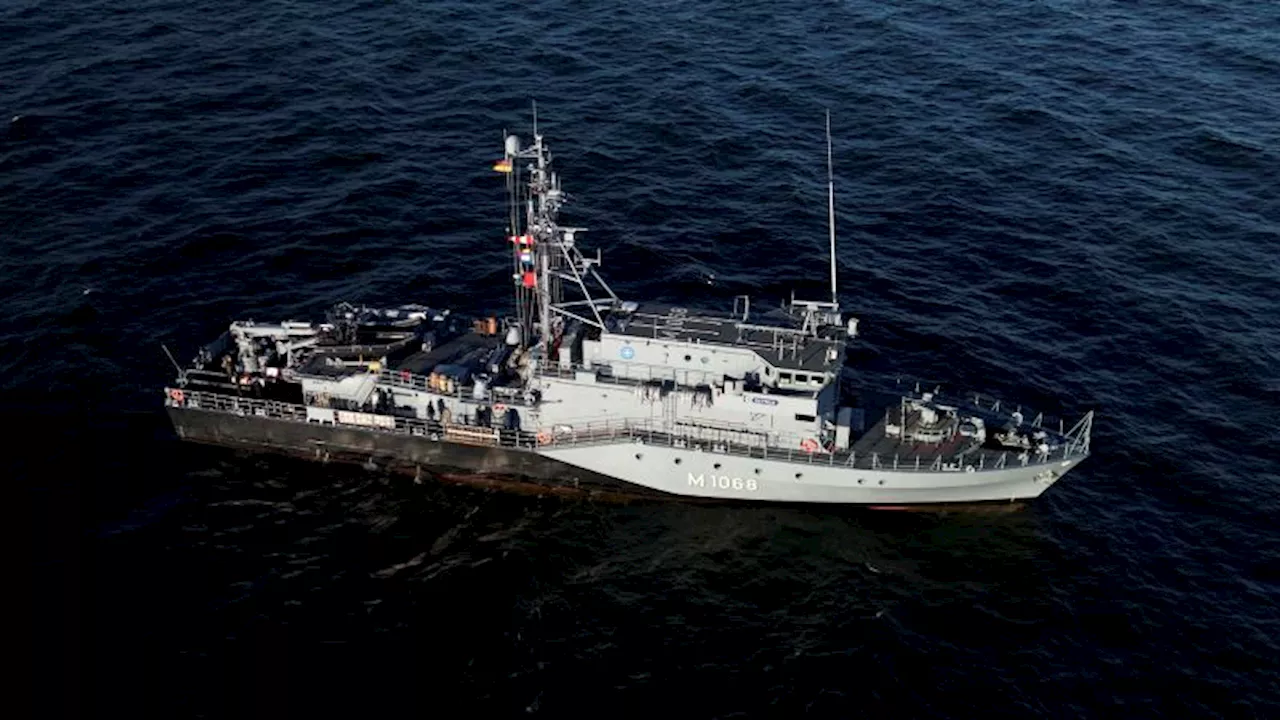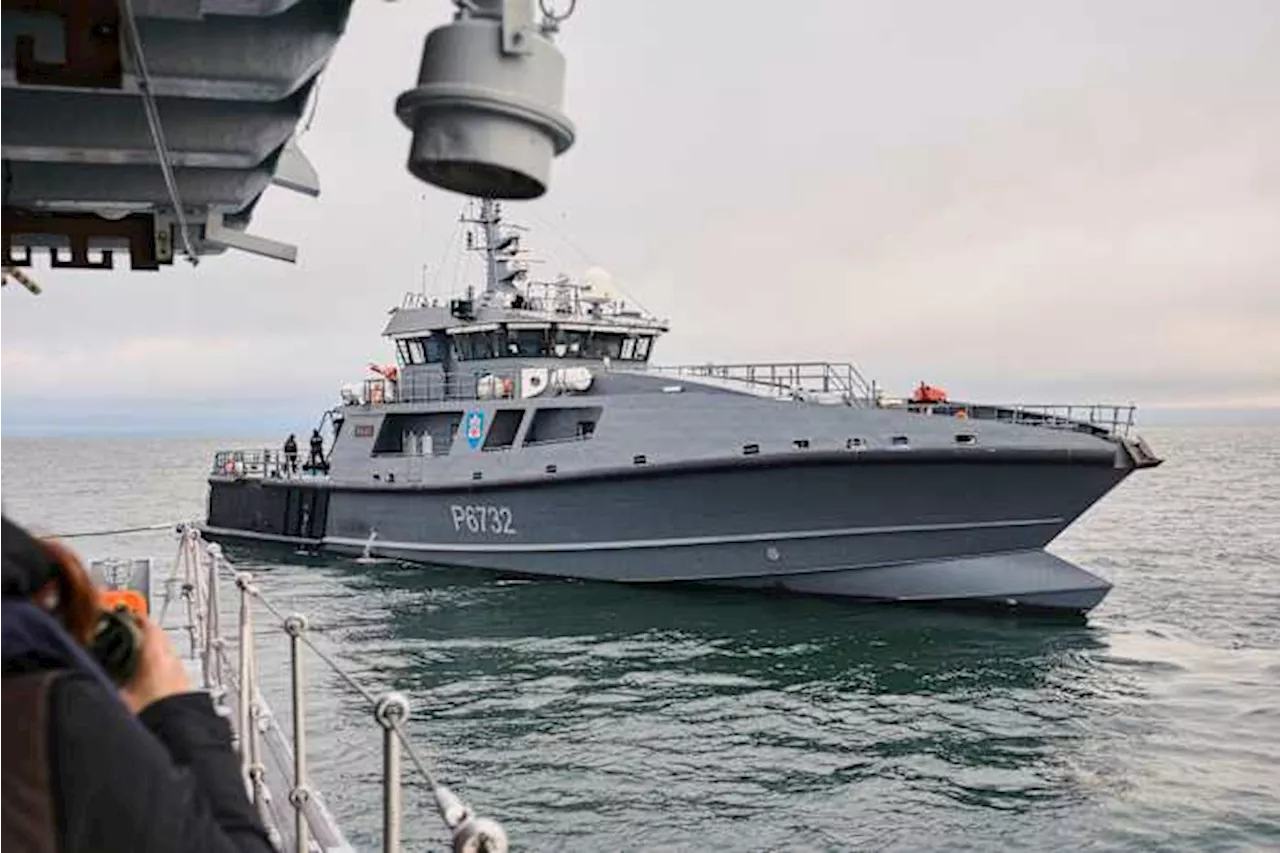NATO officials are deeply concerned about a recent surge in damage to underwater cables and pipelines in the Baltic Sea, raising suspicions of deliberate sabotage. Incidents, including the suspected cutting of a fiber optic cable linking Latvia and Sweden, have prompted intensified military patrols and investigations.
NATO officials have expressed alarm over suspected sabotage attempts on underwater cables and pipelines that connect nine countries in the Baltic Sea region. Recent months have seen a sharp rise in damage to undersea cables in the Baltic, with at least 11 incidents reported since October 2023. The latest incident was spotted by a French Navy surveillance plane this week, after its camera focused on a cargo ship with smoke rising from its chimney.
The Baltic Sea is home to a vast network of undersea power, telecommunications, and gas pipelines that link countries in northern Europe. Notable examples include the Balticconnector pipeline, which carries gas between Finland and Estonia, and the high-voltage Baltic Cable that connects Sweden and Germany. The most recent rupture occurred on Sunday, damaging a fiber optic cable connecting Latvia to the Swedish island of Gotland. Though such damage is not uncommon, the concentration of incidents in the Baltic has raised suspicions of deliberate sabotage.In December, Finnish police detained the Eagle S, an oil tanker suspected of causing damage to the Estlink 2 power cable, along with two other communications cables linking Finland and Estonia. Finnish authorities believe the ship, which is alleged to be part of Russia's 'shadow fleet' designed to bypass sanctions, cut the cables while dragging its anchor across the seabed. However, other intelligence officials have cautioned that the damage may have been accidental. Some point to poor maintenance of the vessels and mechanical failures, including issues with anchors, as possible causes for the recent cable disruptions.NATO has ramped up its patrols in the Baltic in response to the heightened threats. France's long-range Atlantique 2 aircraft, part of the newly launched 'Baltic Sentry' mission, signals a heightened military presence in the region as the alliance steps up efforts to safeguard key power and communication lines. Western intelligence officials believe Russia may be engaging in 'hybrid warfare'— a strategy that includes targeting critical infrastructure to destabilize European nations supporting Ukraine in its defense against Russian aggression. NATO Secretary-General Mark Rutte said on Jan. 14: 'There is reason for grave concern.' He was referring to the series of cable damages, including those involving connections between Lithuania and Sweden, Germany and Finland, and Estonia and Finland. He added, as he unveiled the 'Baltic Sentry' mission: 'We will do everything in our power to make sure that we fight back, that we are able to see what is happening and then take the next steps to make sure that it doesn't happen again. And our adversaries should know this.'Flight commander Lt. Alban, explained how his crew was tasked with identifying suspicious maritime activities. He said: 'If we witness some suspicious activities from ships at sea—for example, ships at very low speed or anchoring in positions that they shouldn't be—this is something we can see.' While investigations are still ongoing, NATO is focusing on the possibility that these incidents may be part of a broader effort to destabilize European nations supporting Ukraine in its defense against Russian aggression. As NATO increases its surveillance and deterrence capabilities, the alliance sends a strong message to potential adversaries: it is prepared to protect the Baltic's vital undersea infrastructure and ensure the continued stability of Europe's energy and communication networks
Security NATO Baltic Sea Submarine Cables Sabotage Russia Hybrid Warfare Ukraine Energy Security Communication Networks
United States Latest News, United States Headlines
Similar News:You can also read news stories similar to this one that we have collected from other news sources.
 NATO Stepped-Up Patrols in Baltic Sea After Suspected Cable SabotageAmidst escalating tensions and suspected sabotage of undersea cables in the Baltic Sea, NATO has intensified maritime patrols. The suspected incidents raise concerns about the security of critical energy and communication infrastructure linking Nordic, Baltic, and central European countries.
NATO Stepped-Up Patrols in Baltic Sea After Suspected Cable SabotageAmidst escalating tensions and suspected sabotage of undersea cables in the Baltic Sea, NATO has intensified maritime patrols. The suspected incidents raise concerns about the security of critical energy and communication infrastructure linking Nordic, Baltic, and central European countries.
Read more »
 Baltic Sea Cable Sabotage Fears Rise Amidst NATO ResponseA damaged power cable linking Estonia and Finland sparks concerns of deliberate sabotage, potentially by Russian-linked ships. NATO launches a new mission to deter such attacks, highlighting the vulnerability of undersea infrastructure.
Baltic Sea Cable Sabotage Fears Rise Amidst NATO ResponseA damaged power cable linking Estonia and Finland sparks concerns of deliberate sabotage, potentially by Russian-linked ships. NATO launches a new mission to deter such attacks, highlighting the vulnerability of undersea infrastructure.
Read more »
 NATO Heightens Baltic Sea Surveillance Amidst Suspected Cable SabotageNATO is increasing its presence in the Baltic Sea to monitor for potential sabotage of critical undersea infrastructure, following a string of incidents that have damaged power and communication cables. While investigations are ongoing, the incidents have raised concerns about deliberate attacks, potentially by Russia, seeking to disrupt the economic well-being of Baltic nations supporting Ukraine.
NATO Heightens Baltic Sea Surveillance Amidst Suspected Cable SabotageNATO is increasing its presence in the Baltic Sea to monitor for potential sabotage of critical undersea infrastructure, following a string of incidents that have damaged power and communication cables. While investigations are ongoing, the incidents have raised concerns about deliberate attacks, potentially by Russia, seeking to disrupt the economic well-being of Baltic nations supporting Ukraine.
Read more »
 Ships, sea drones and AI: How NATO is hardening its defense of critical Baltic undersea cablesAfter a series of suspected undersea cable cuttings, NATO has launched a new surveillance and deterrence mission to protect critical infrastructure under the Baltic Sea.
Ships, sea drones and AI: How NATO is hardening its defense of critical Baltic undersea cablesAfter a series of suspected undersea cable cuttings, NATO has launched a new surveillance and deterrence mission to protect critical infrastructure under the Baltic Sea.
Read more »
 NATO announces a new mission to protect undersea cables in the Baltic Sea regionNATO Secretary-General Mark Rutte says the alliance is launching a new mission to protect undersea cables in the Baltic Sea region.
NATO announces a new mission to protect undersea cables in the Baltic Sea regionNATO Secretary-General Mark Rutte says the alliance is launching a new mission to protect undersea cables in the Baltic Sea region.
Read more »
 Sweden to Send Ships to NATO Effort in Baltic SeaSweden will contribute three warships and a surveillance aircraft to a NATO effort to increase its presence in the Baltic Sea to guard against potential sabotage of underwater infrastructure.
Sweden to Send Ships to NATO Effort in Baltic SeaSweden will contribute three warships and a surveillance aircraft to a NATO effort to increase its presence in the Baltic Sea to guard against potential sabotage of underwater infrastructure.
Read more »
